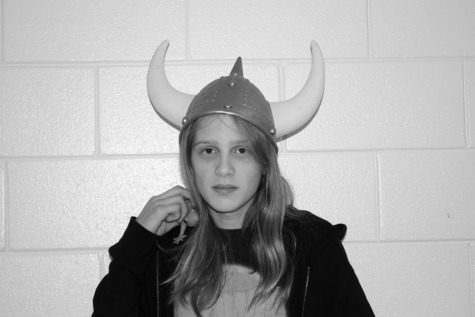Cedar-Riverside streets add commemorative names to celebrate neighborhood’s culture
A portion of 6th street is now known as Somali Street to honor the background of Cedar-Riverside’s residents.
Three streets in Cedar-Riverside have gotten new commemorative names to celebrate the diversity of the neighborhood and promote pride among immigrant groups that live there.
The area is well-known for its ethnic diversity. Somalis first started immigrating to the Twin Cities in the 1980s, but the number of residents dramatically increased following the beginning of the Somali Civil War in 1986. Oromos have immigrated to Minnesota since the 1970s, fleeing poverty and persecution in Ethiopia. Cedar-Riverside has become a center of both Oromo and Somali culture in the Twin Cities.
Today, Cedar-Riverside is affectionately known as ‘Little Mogadishu’ due to its large Somali presence, but in the past the neighborhood has been called home to many immigrant groups including Scandinavians and eastern Europeans.
The idea to change the name of three streets in Cedar-Riverside was spearheaded by Minneapolis City Council member Abdi Warsame, a first-generation Somali immigrant. The name change is more commemorative than legitimate, as the mailing address will not change. The new names can only be seen on signs hanging below the street signs.
6th Street between Cedar and 15th Avenue will be called Somali street, 4th St. S between Cedar and 15th Avenue will be called Oromo street, and 16th Street between 6th Street and Hiawatha Bike Trail will be called Taleex street. Taleex (pronounced ‘Taleh’) is a small city of great cultural significance in Somalia – it was the capital of the Dervish state, a Somali anti-colonial government that fought Britain, England and Ethiopia.
“Unofficially, that area is called ‘Little Mogadishu’” said Ayub Mohammed, a junior who lives in that neighborhood. “[The name change] reflects how people have been feeling for a long time about that area.”
East African culture has had a huge influence on the culture of the Twin Cities, and this change may help encourage unity and pride among immigrant groups in Cedar-Riverside. “[The signs are] easy to miss, but when you see them, it’s really cool,” Mohammed said. “They changed it to reflect the Oromo community and the Somali community.”

My name is Oscar, I'm a sophomore and the Southerner's graphics editor. In my free time I like to play the guitar and buy snacks. I am also an ordained...











